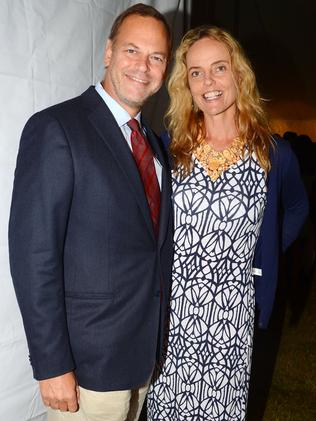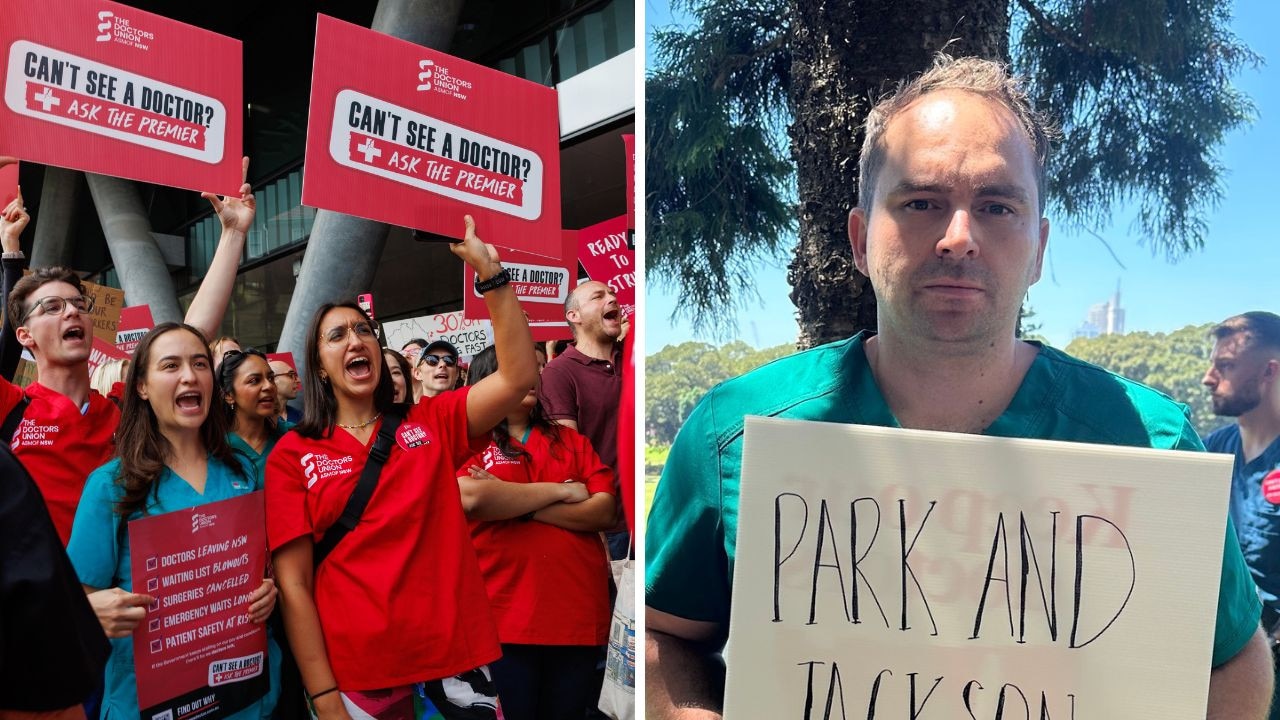My colleague drank my breast milk: What it’s like to be a woman on Wall Street
FROM condom-covered pizzas to grown men drinking breast milk, the antics behind closed doors on Wall St would make anyone blush.

Careers
Don't miss out on the headlines from Careers. Followed categories will be added to My News.
FROM being handed a pizza topped with unwrapped condoms on her first day to having a co-worker drink her breast milk from the fridge, this Wall Street trader saw it all.
Now she has revealed just what it was like being one of the top female players in a man’s game.
Maureen Sherry said she only realised just how bad things really were for women in her industry after she had children and “gained perspective” following more than a decade in banking.
The pizza story was one of her harmless tales, one she thought light and funny enough to share with a female job applicant asking what the culture was like for women.
Ms Sherry, once a managing director at Bear Stearns, is now drawing on her true experiences for her upcoming novel, Opening Belle. “I didn’t work in some sharing-and-caring girlfriend club where women confided in one another,” she wrote in the New York Times. “We didn’t gossip, we didn’t mentor, and sometimes we even saw one another as the competition.”
She returned from her first maternity leave to find a stranger at her desk, his feet on a cardboard box containing her client list, which she had to earn back. When she headed to the nurse’s office with a breast pump, traders made “mooing” noises.
Most women she worked with hid pregnancies as much as possible, she said. One even concealed the fact she was married, before vowing never to have children when she was found out.
One male colleague would walk around dropping bandaids on women’s desks when the office was cold so he wasn’t “distracted” by nipples. Women who shared ideas at meetings often saw them credited to men.

Ms Sherry never complained. In return, she was praised as a team player, promoted and complimented on her thick skin.
All this time, women on Wall Street were earning 55 to 62 cents to every dollar a man in the same position made, she said. Male and female MBA graduates from 2007 to 2009 started on similar salaries, but the women were earning an average of 20 per cent less than the men within eight years, according to Bloomberg.
While researching her book, Ms Sherry heard several times from HR departments that companies were now often afraid of hiring women because of potential litigation. When you fire a white man, there’s no danger of a race or sex discrimination claim. “There’s just less drama with men,” she was told.
The women she spoke to shared stories about discrimination far beyond missing out on meetings or golf trips — like the trader who had her breasts groped to settle a bet on whether they were real.


Banks have faced repeated scandals over the past decade, for being an institutionally sexist environment characterised in the Wolf of Wall Street, where prostitutes and drugs were the norm.
With a wealthy company, it’s often easier to settle disputes with a payout rather than be dragged through the courts.
In 2007, Morgan Stanley settled a $46 million class-action discrimination suit and a Bank of America-Merrill Lynch gender bias case was settled in 2013 for $39 million across 4800 individual payments.
Ms Sherry thinks this is the wrong approach. She believes the cases should go to court, so the culture can be challenged and changed where needed, or the case overturned if it is false.
She might just be the person to make that happen.
Originally published as My colleague drank my breast milk: What it’s like to be a woman on Wall Street






